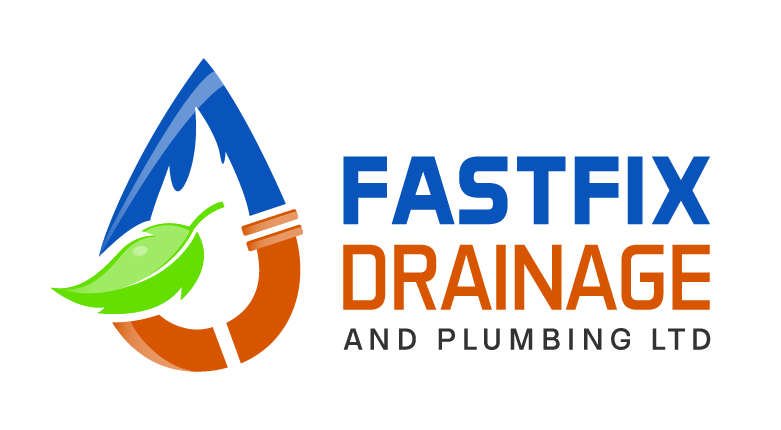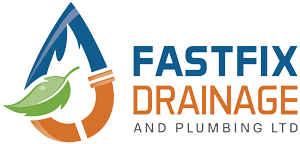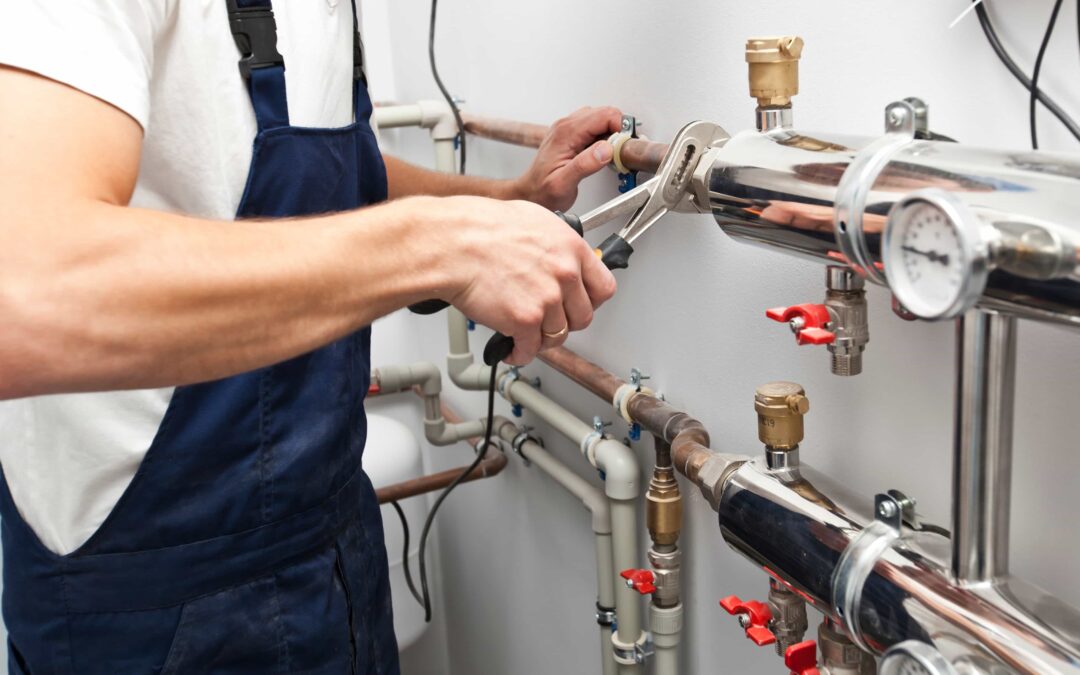Running a small business comes with its own set of challenges, and plumbing issues can be a major headache. From leaky taps to clogged drains, plumbing problems can disrupt your business operations and incur unexpected expenses. However, with a proactive approach and some cost-effective solutions, you can keep your plumbing in check without breaking the bank. In this article, we’ll explore plumbing tips tailored for small businesses, helping you maintain a smoothly running operation while keeping costs in check.
Regular Maintenance Pays Off:
The age-old adage “prevention is better than cure” definitely holds true for plumbing. Schedule regular, commercial-specific maintenance checks for your plumbing system to catch potential issues before they escalate. In between this, inspect pipes, taps, and toilets for leaks, and ensure that drainage systems are clear of debris. A small investment in routine maintenance can save you from major repairs down the line.
Efficient Water Management:
Water efficiency not only contributes to environmental sustainability but also helps cut down on utility costs. Consider installing low-flow toilets and taps to reduce water consumption. Additionally, educate your employees about water-saving practices, such as fixing leaks promptly and turning off taps when not in use. These simple steps can make a significant impact on your water bills.
Invest in Quality Fixtures:
While it might be tempting to cut costs on fixtures, investing in quality plumbing materials can save you money in the long run. High-quality taps, pipes, and toilets are less prone to leaks and breakdowns, reducing the need for frequent repairs or replacements. Look for fixtures with good warranties, ensuring that you’re covered in case of any unexpected issues.
DIY Repairs (When Appropriate):
For minor plumbing issues, empowering your staff with basic do-it-yourself skills can be a cost-effective solution. Provide training on simple tasks like fixing a leaky tap, unclogging a drain, or replacing a washer. This not only saves money on professional services but also minimises downtime when immediate attention is required.
Know Your Business’ Plumbing System:
Understanding the layout of your plumbing system is crucial for effective management. Keep detailed records of your plumbing infrastructure, including the location of shut-off valves, water meters, and key components. This knowledge can expedite the resolution of issues when they arise and prevent unnecessary damage during emergencies
Implement Preventive Measures:
Identify potential problem areas and implement preventive measures. For example, insulate pipes in cold climates to prevent freezing and bursting. Install drain strainers to catch debris and prevent clogs. Taking proactive steps can significantly reduce the likelihood of plumbing emergencies and the associated costs.
Build a Relationship with a Reliable Plumber:
Establishing a relationship with a trustworthy plumbing service is a good idea for small businesses. Having a reliable plumber on call ensures quick response times during emergencies and can lead to better deals on regular maintenance services. Look for local professionals with a good reputation for efficiency and cost-effectiveness.
Maintaining a cost-effective plumbing system for your small business involves a combination of preventive measures, efficient water management, and strategic investments. By staying proactive and taking the time to educate yourself and your team on basic plumbing practices, you can minimise disruptions, save on repair costs, and ensure your business stays running smoothly and reliably.



